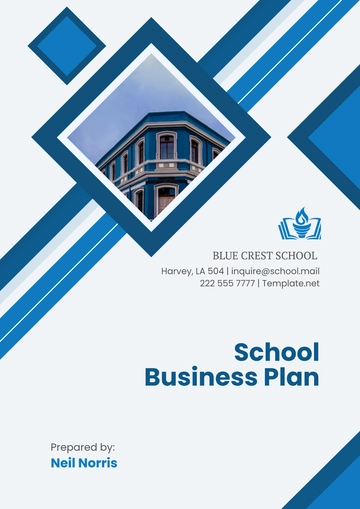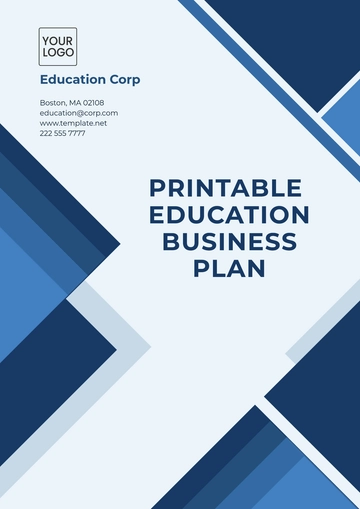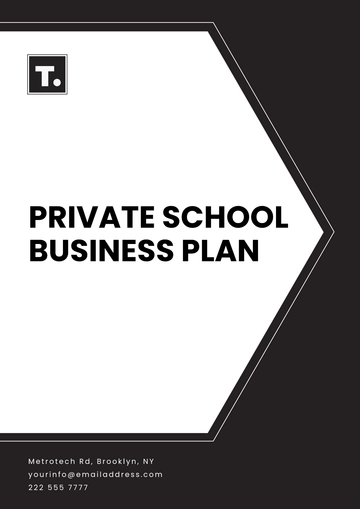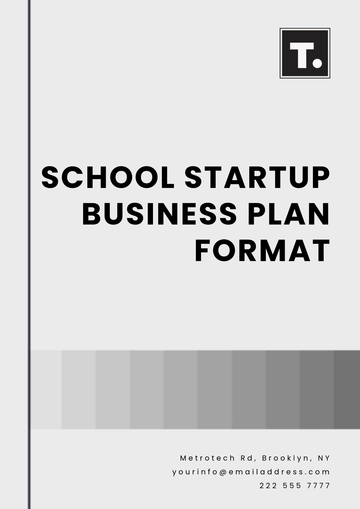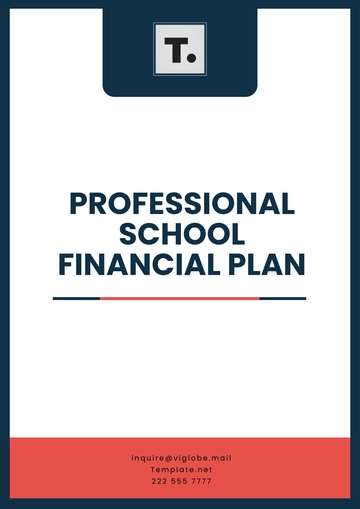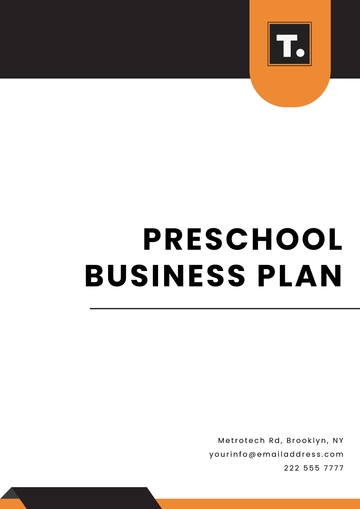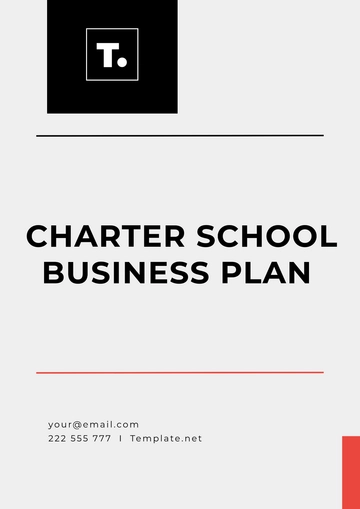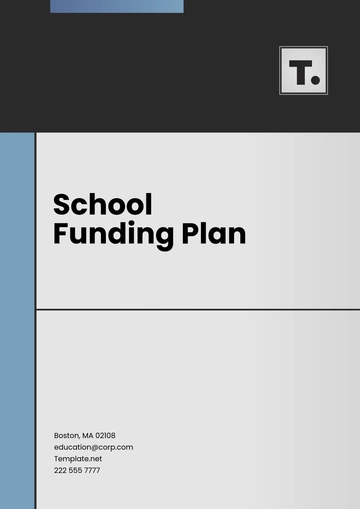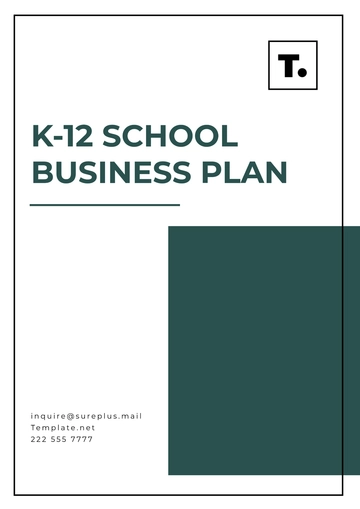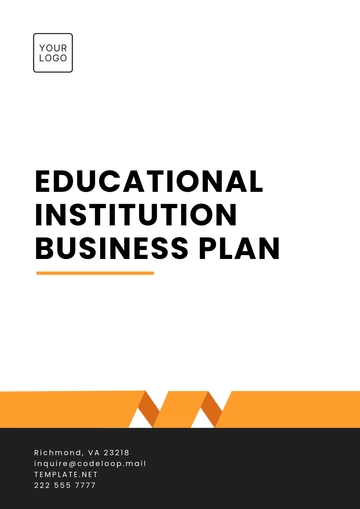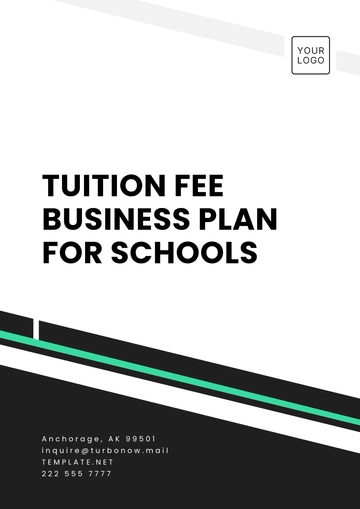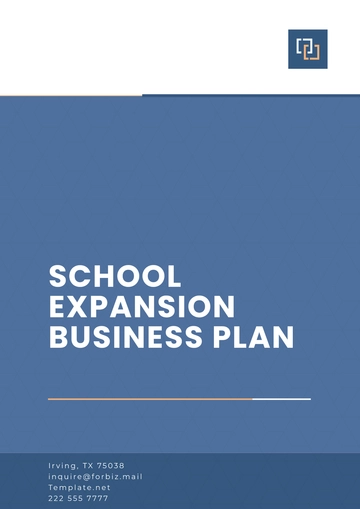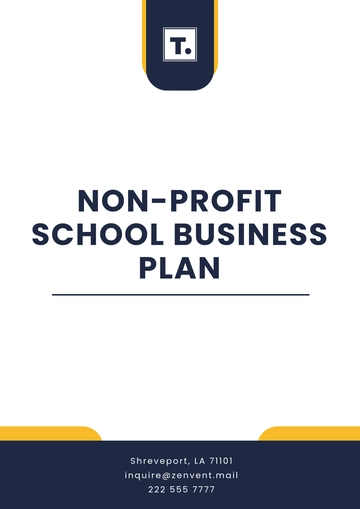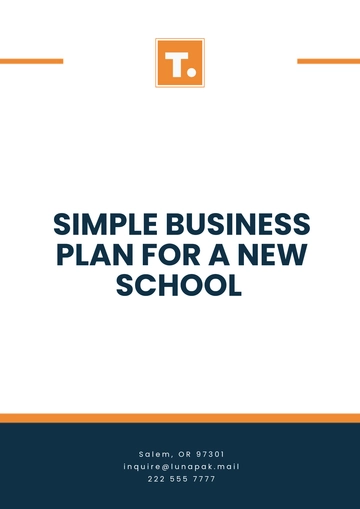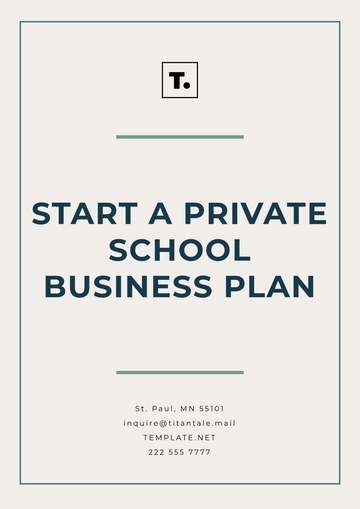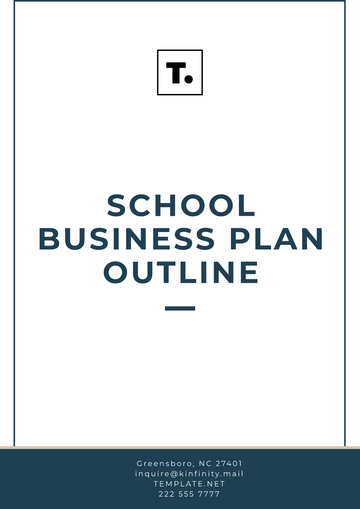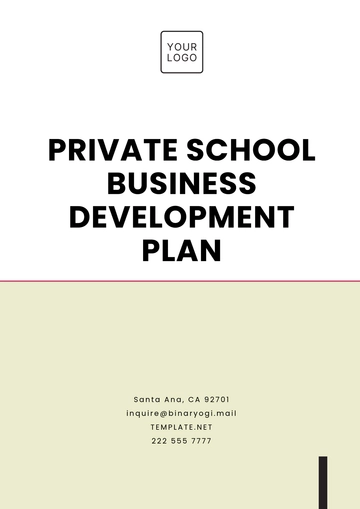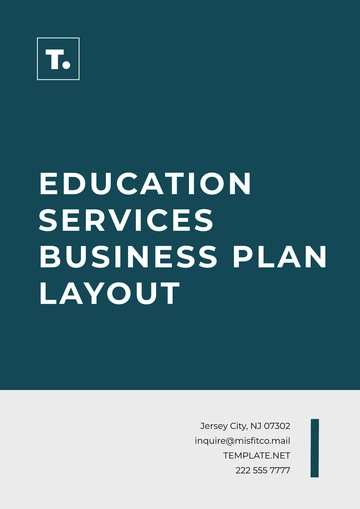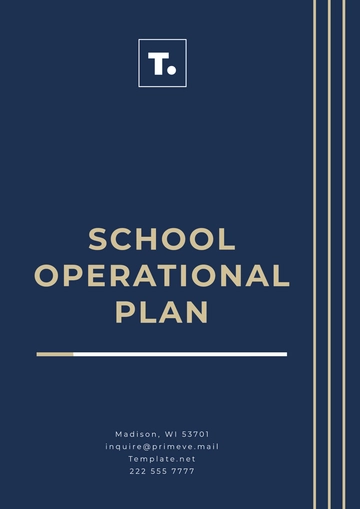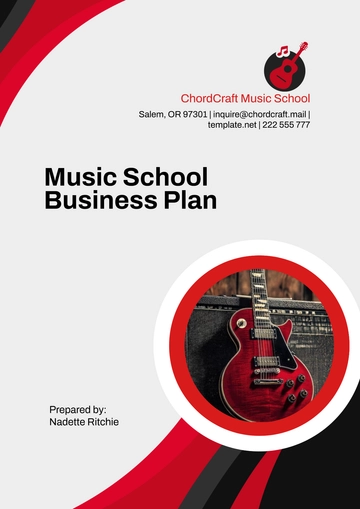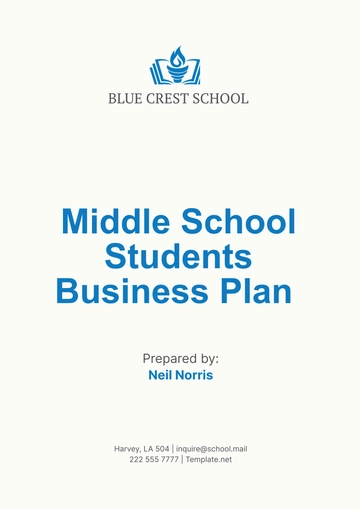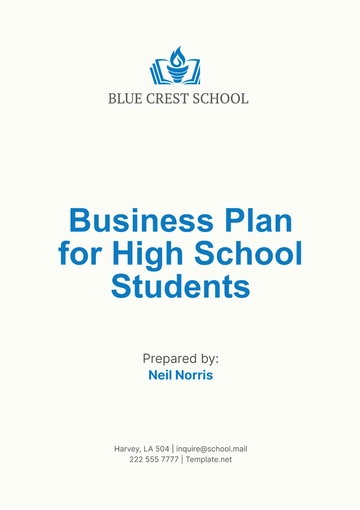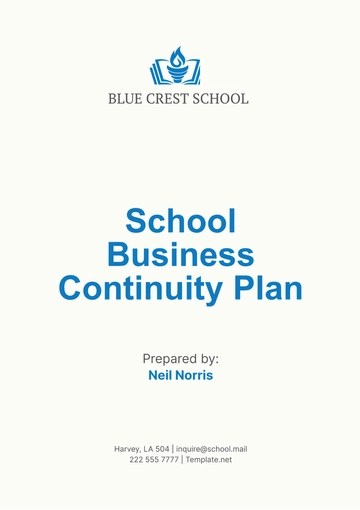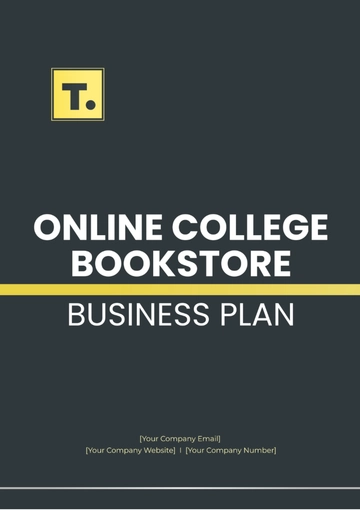Free Educational Institution Business Plan
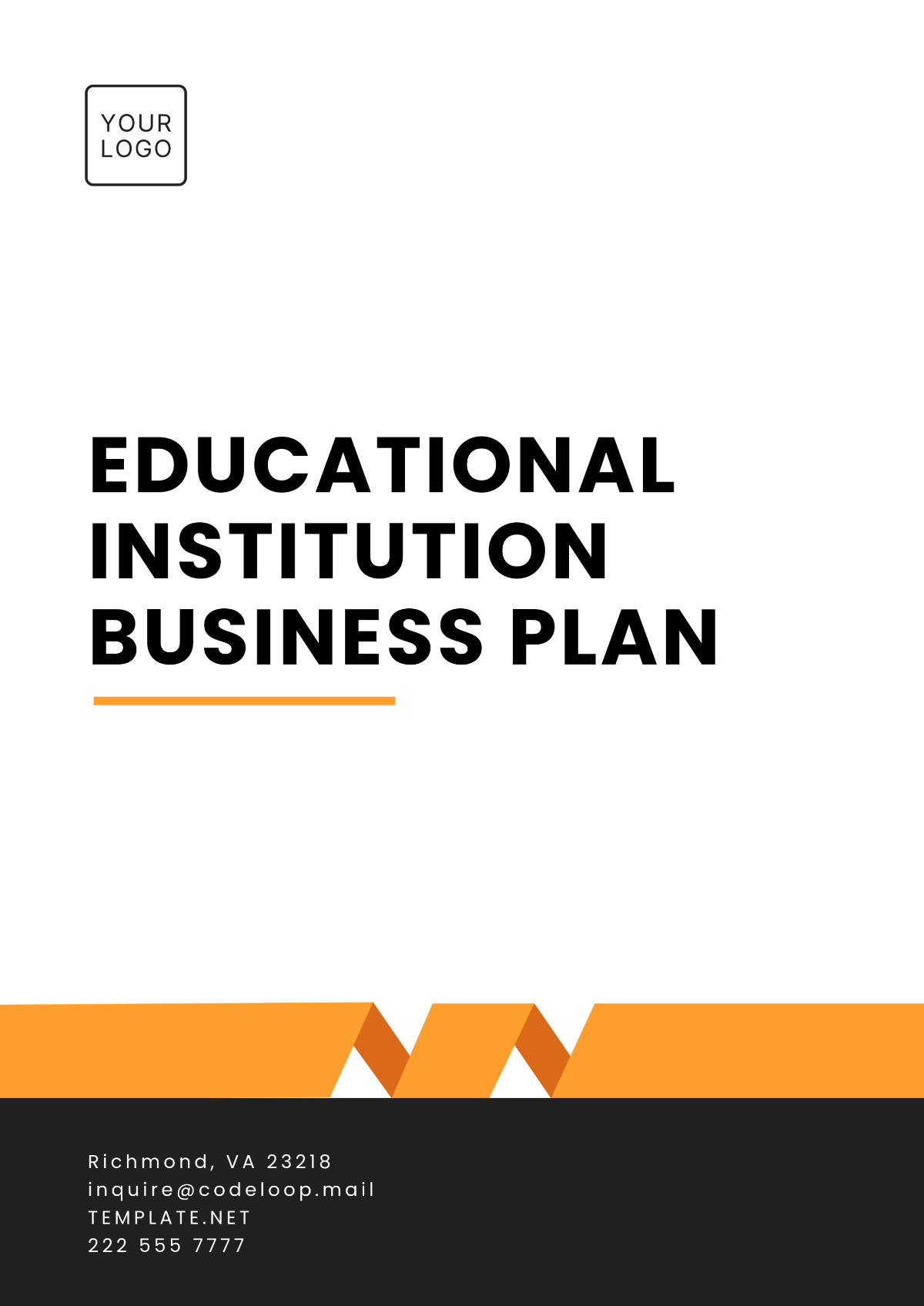
Executive Summary
Mission Statement: [Your Company Name] is committed to empowering the next generation of learners with cutting-edge, personalized education that leverages advanced AI, immersive technology, and sustainable practices.
Vision: To become the global leader in futuristic education, preparing students for the complexities of the 22nd century.
Objectives:
Enroll 1,000 students in the first academic year (2050-2051).
Achieve a 95% satisfaction rate among students and parents.
Reach financial sustainability by 2053.
Business Description
Name: [Your Company Name]
Location: [Your Company Address]
Legal Structure: Limited Liability Corporation (LLC)
Target Audience:
Students aged 6-18 from technologically progressive families.
Global learners seeking hybrid and online learning opportunities.
Unique Selling Proposition (USP):
AI-driven personalized learning plans.
Classes in metaverse environments for enhanced engagement.
Carbon-neutral campus operations.
Market Analysis
Industry Overview (2050):
The global education industry has transformed into a tech-first sector, with hybrid and virtual schools leading the market. Demand for experiential, adaptive, and gamified learning has increased exponentially.
Target Market:
Affluent urban and suburban families.
International students leveraging virtual reality classrooms.
Competitor Analysis:
Competitors include established institutions with similar AI and VR programs.
[Your Company Name]’s edge lies in its pioneering use of NeuroEdTech and eco-conscious infrastructure.
Organization and Management
Key Team Members:
Chief Education Officer (CEO): Dr. Alyssa Kim, Ed.D. in NeuroEducation with 25+ years of experience.
AI Curriculum Designer: John Torres, a leading developer in adaptive AI learning tools.
Eco-Infrastructure Manager: Sarah Elman, a specialist in sustainable school designs.
Programs and Services
Core Programs:
AI-Enhanced Curriculum: Each student has an AI-driven learning companion for personalized pacing.
Metaverse-Based Learning: Immersive virtual classrooms that replicate real-world scenarios.
Sustainability Education: Classes on green technology, climate action, and sustainable living.
Additional Services:
After-school eSports and coding leagues.
Mental health support through VR therapy programs.
AI tutoring is available 24/7 for enrolled students.
Marketing and Sales Strategy
Promotion Channels (2050):
NeuroTarget Ads: AI-powered ads targeting parents’ interests.
VR Open House Events: Virtual tours of the academy’s facilities.
Influencer Partnerships: Collaboration with thought leaders in education and tech.
Enrollment Process:
Online applications with AI interview assessments.
Virtual reality campus tours for parents and students.
Financial Plan
Startup Costs:
Campus construction with AI and VR capabilities: $10,000,000
Licensing advanced learning technologies: $2,500,000
Marketing and staff recruitment: $1,000,000
Funding Requirements: $15,000,000
Revenue Model: Tuition fees, virtual course subscriptions, and corporate sponsorships.
Projected Revenue:
Year 1 (2050): $5,000,000
Year 2 (2051): $10,000,000
Year 3 (2052): $15,000,000
Profit Margin: Expected at 25% by 2053.
Risk Analysis
Potential Risks:
Resistance from traditional educators and parents.
High initial investment in advanced technology.
Cybersecurity threats.
Mitigation Strategies:
Continuous parent and student orientation programs.
Forming strategic alliances with tech leaders.
Regular security audits and system updates.
Conclusion
[Your Company Name] is poised to revolutionize education in 2050 with its focus on technology, sustainability, and innovation. By addressing future challenges and leveraging the latest advancements, the academy is set to shape the leaders of tomorrow.
- 100% Customizable, free editor
- Access 1 Million+ Templates, photo’s & graphics
- Download or share as a template
- Click and replace photos, graphics, text, backgrounds
- Resize, crop, AI write & more
- Access advanced editor
Elevate your institution with Template.net’s Educational Institution Business Plan Template. Customizable and editable, it outlines academic, operational, and financial strategies. Editable in our AI Editor Tool, it’s perfect for all education sectors. Download it to create a polished business plan.
You may also like
- One Page Business Plan
- Coffee Shop Business Plan
- Restaurant Business Plan
- Food Business Plan
- Real Estate Business Plan
- Executive Summary Business Plan
- Cover Page Business Plan
- Nonprofit Business Plan
- Daycare Business Plan
- Construction Business Plan
- Startup Business Plan
- Medical Business Plan
- Bakery Business Plan
- Service Plan
- Hotel Business Plan
- Catering Business Plan
- School Business Plan
- Healthcare Business Plan
- Transportation Plan
- Sports Plan
- Car Wash Business Plan
- Salon Business Plan
- Clothing Business Plan
- Farming Business Plan
- Boutique Plan
